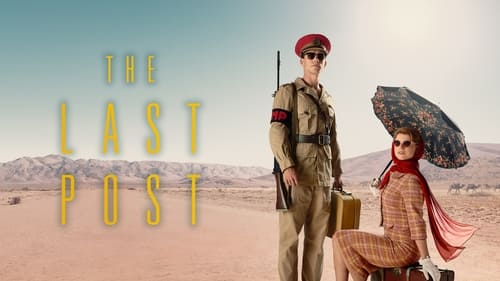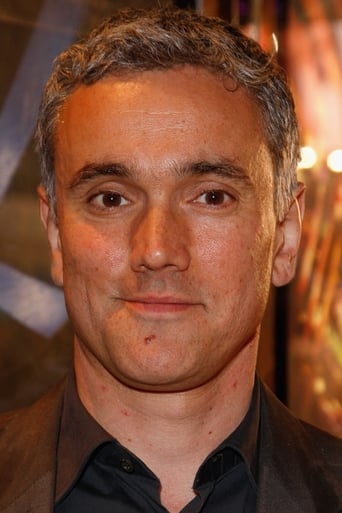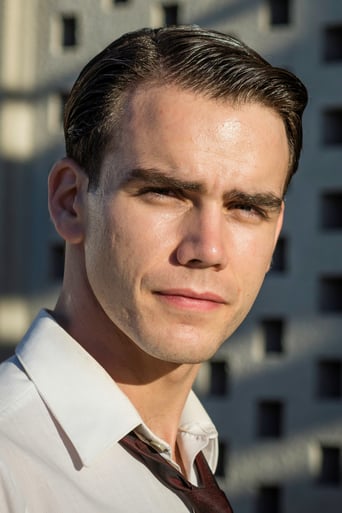James
As a Brit who was a kid in the 60s, I came to "The Last Post" a little warily. The United Kingdom had the biggest Empire the world has ever known, and parts of it were still in place well into my lifetime. One of those pink dots on the map (a tiny one) was Aden, in fact a highly-significant port of incredibly key strategic location. Aden was British from 1839 to 1967, which makes it by no means the longest-lasting colony, but that's still 128 years - maybe 5 generations. Looked at from today's perspective that's already an incredible, near-impossible story. Now the Yanks go in with shock and awe and then the awful contractors to achieve regime change, and expect to be able to withdraw after a decade or something with everything sorted.History makes that approach look unlikely to succeed.Given that Britain had dozens of colonies large and small, and given that many also lasted under imperial rule for decades, there are countless stories in there, and in theory at least each could choose a different setting to tell - to sell - the same story of merciless exploitation and repression, slavery, human-rights abuses, racism and so on. That would be the story. And then there is the much more interesting, much more nuanced TRUTH of the matter. The Empire did indeed last for centuries, and it involved countless millions of variously-motivated people, including family members of EVERY British person alive today (of whatever creed or colour, BTW). If we choose, we can hate and condemn everything they did back then, detach ourselves from our own flesh and blood and start again with a new history. This is after all what Germans have had to do, in respect of an empire of unmitigated evil.In the BBC's "The Last Post", as the name suggests, it is the UK's last few years in a hot, staggeringly beautiful, bustling, historic port-city plus hinterland of rather tiny dimensions that is featured in all its hypocrisy and absurdity and occasional desperation. The last chapters of the imperial story are being written, the UK has already lost quite a bit of its power, many of the locals are not happy to be a colony, but the Brits have to play their roles, and keep their stiff upper lips, as best they can through to the end.I say "as best they can", as few aspersions are cast upon our main characters here, soldiers and officers of the Royal Military Police and - crucially - the posted spouses thereof. Although Jessica Raine as the wife of Lt. Laithwaite pushes the limits with her unstable character, she ultimately does a good job also, while there are sterling, at times stellar, performances of class and full plausibility from on-screen couples Jeremy Neumark Jones and Jessie Buckley, EXCELLENT Ben Miles and Amanda Drew; and Stephen Campbell Moore as Laithwaite himself. Young, non-officer Redcaps are also very well played by Tom Glynn-Carney, Chris Reilly, Louis Greaterex and (a somewhat-underused) Kevin Sutton as Corporal Israel Orchover (who is touchingly and tellingly portrayed as one of the 10,000 Jewish children taken in by Britain in the context of the "Kindertransport" and is now a quiet, good, thoughtful, painstaking soldier, who does indeed know a truly evil empire when he sees one). There is a gripping main story to tell here, as well as several side incidents, and the other characters are Aden locals, British industry (BP) employees, British spies, the colonial administration, a female American reporter and so on - it's a heady mix, allowing for plenty of soapy and less-soapy, Army and less-Army storylines; but ultimately no (very) bad things are said about our soldiers, even if others behave in underhand ways quite routinely. Given the British people's long term love and respect for their armed forces, this tack taken by the makers of "The Last Post" cannot really be surprising; but in the process the "opportunity" to condemn imperialism outright and unthinkingly was lost ... and thank goodness for that. Indeed, this series is brave enough to present rebel enemies (led by (the British-educated) Kadir Hakim very well-played by Aymen Hamdouchi) as stop-at-nothing bad guys who are INDEED as much terrorists as they are freedom fighters. Given what happened to Aden after the British left in 1967 this stance is more truth than political correctness ... and thank goodness for that.Surprisingly, "The Last Post" does not obviously come from a book, being screenwritten by Peter Moffat - a veteran of TV series, including "The Village", with its much more subversive (but also pastiche) take on British history. Here in "The Last Post" it is serious, subtle realism that seems to be to the fore, and it's an intruiging, compelling, touching, dramatic, thought-provoking and enjoyable watch.






